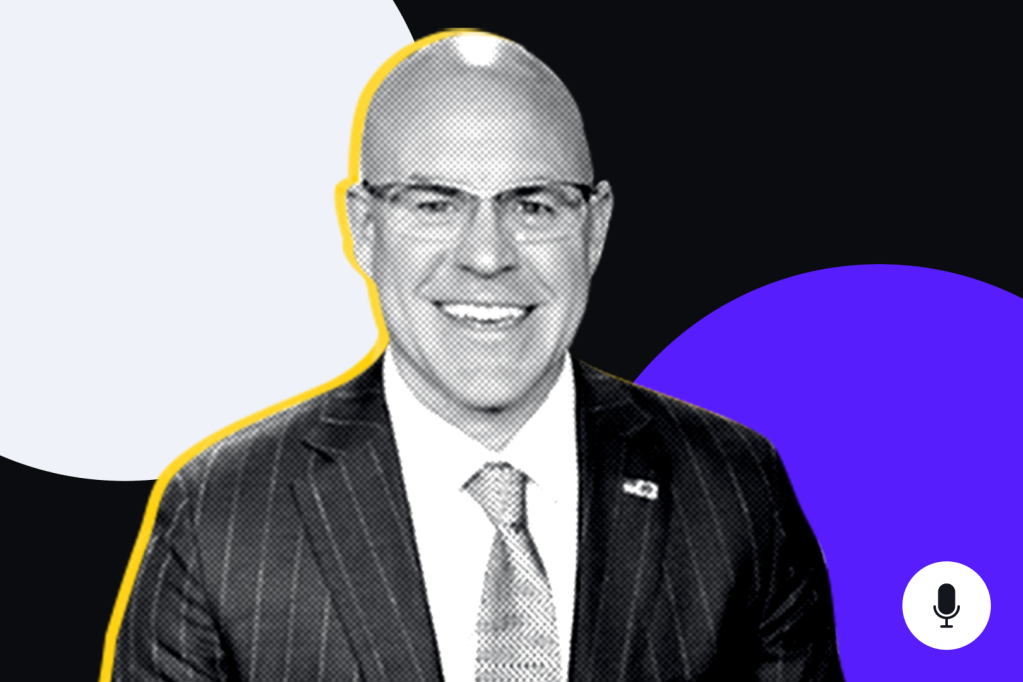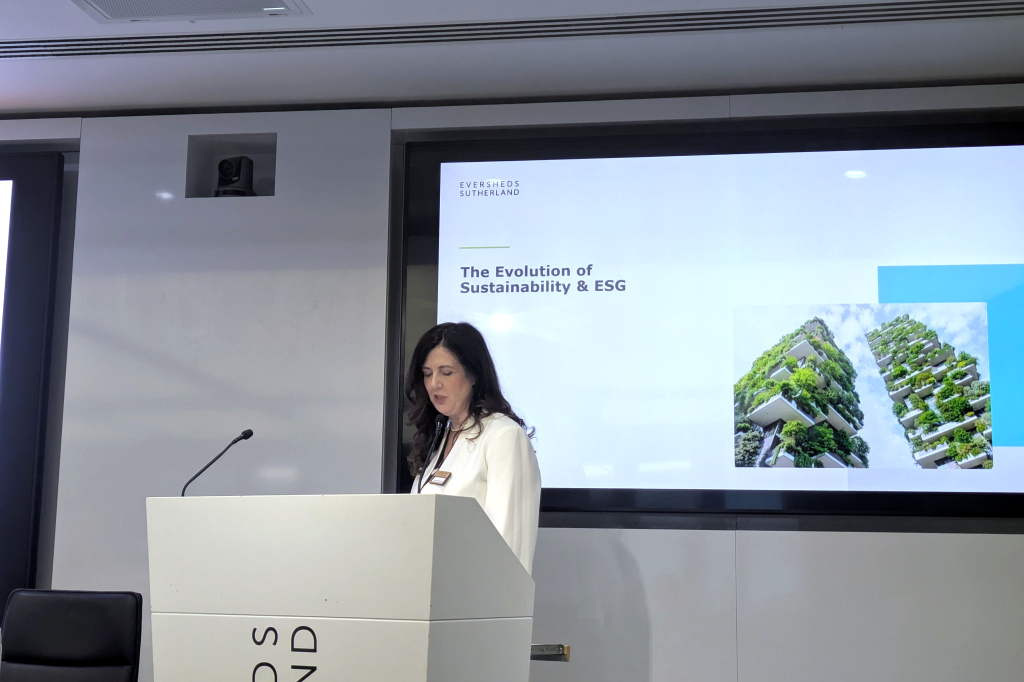This is a transcript of the podcast Harley Thomas on digital assets and asset recovery, a discussion between GRIP’s commissioning editor Jean Hurley, and Harley Thomas, a forensic accountant and senior investigator at Martin Kenney & Co.
[INTRO]
Jean Hurley: Hello listeners, I’m Jean Hurley, Commissioning Editor at
Welcome
Register for free to keep reading
To continue reading this article and unlock full access to GRIP, register now. You’ll enjoy free access to all content until our subscription service launches in early 2026.
- Unlimited access to industry insights
- Stay on top of key rules and regulatory changes with our Rules Navigator
- Ad-free experience with no distractions
- Regular podcasts from trusted external experts
- Fresh compliance and regulatory content every day













